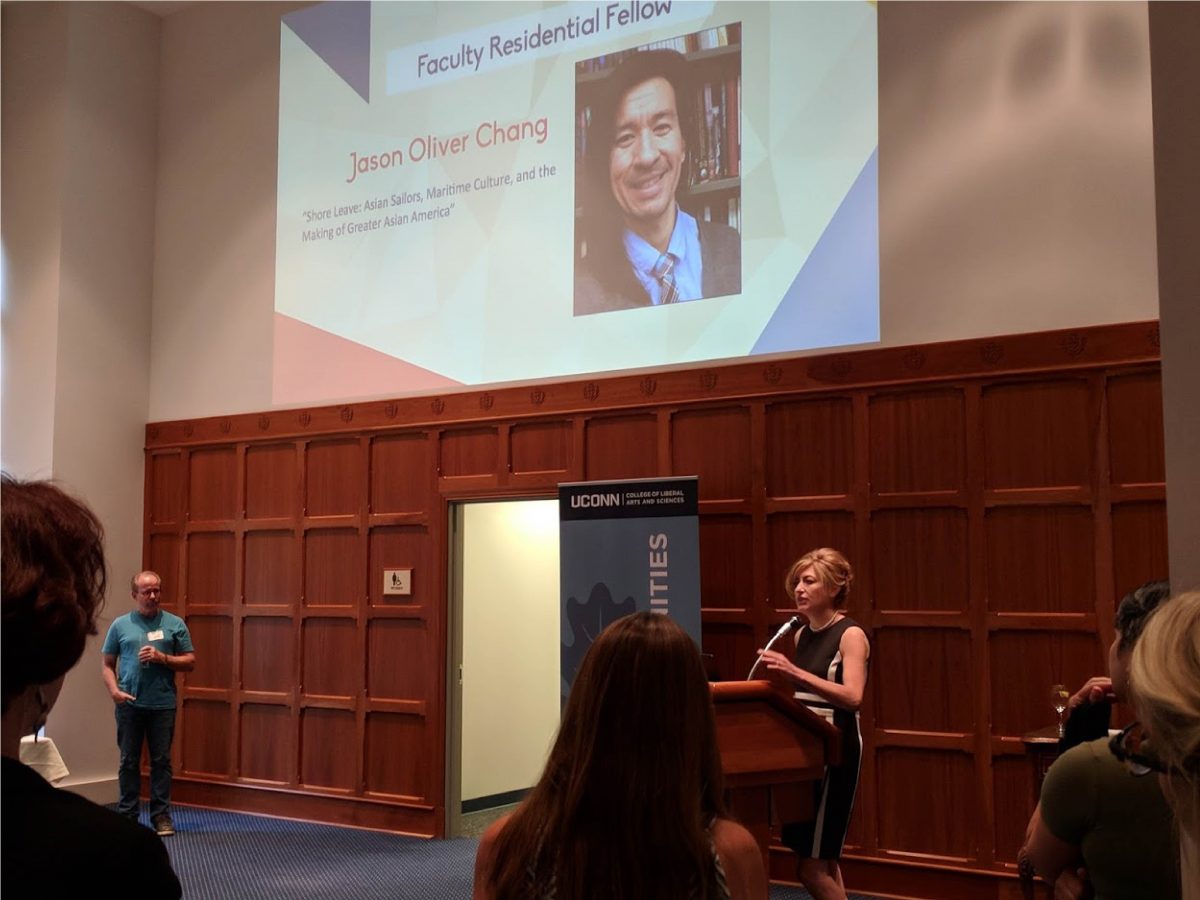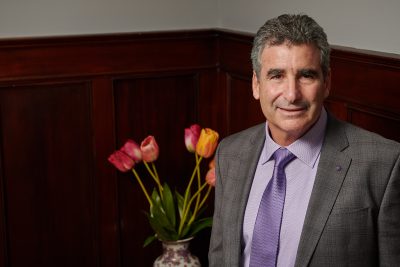The New England Humanities Consortium (NEHC) is offering competitive seed grants for research initiatives in the humanities that seek to capitalize on the collaborative network and potential of the consortium. Applications seeking to sustain, and build on, previously funded NEHC initiatives that demonstrated success are also welcome. Awards of up to $5,000 will be made. (For projects whose total budgets exceed $5,000 applicants must list additional committed funding sources and amounts.) Priority will be given to applications demonstrating concrete plans for consortium membership involvement. Such involvement can take different forms, but will typically involve, e.g. direct collaboration between two or more member institutions and/or active solicitation of faculty, staff, or students exclusively from member institutions. Applications are welcome from individuals or teams, but the PI must be on the faculty of a NEHC member institution. Potential areas of funding interest include the following (this list is by no means exhaustive):
- Collaborative research projects
- Public Humanities programming
- Programming with State Humanities Councils
- Programming reflecting the Humanities and the Pandemic
- Summer Seminars
- Study, writing, or working groups
- Shared speakers across institutions
- Collaborative course design
- Exhibitions and Public Performances
Eligibility
Applications are welcome from individuals or teams, but the PI must be on the faculty of a NEHC member institution (UConn is a member of NEHC).
Application Requirements and Procedure
Applications must include the following:
- Cover page
- Project narrative
- CV
- Budget and timeline
See here for complete submission guidelines.
Please submit materials electronically in pdf or Word docx to YOUR HUMANITIES CENTER or INSTITUTE DIRECTOR (for UConn Faculty that’s uchi@uconn.edu) by September 15, 2021 by 5pm. Directors will then forward the proposal to the NEHC board.
See here for information about past award recipients.
Questions and requests for more information are encouraged and should be directed to mefossa@colby.edu



